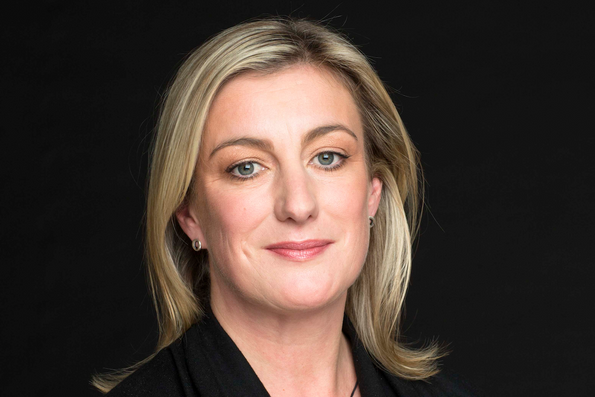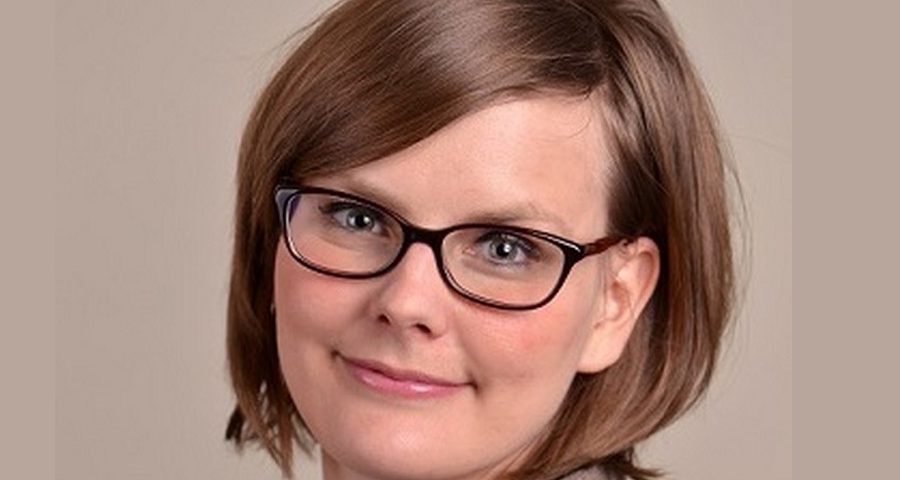
Your Voice: Shaping Ireland’s fundraising future
December 6, 2017
Expert View: How technology continues to boost – and change – fundraising
February 7, 2018Europe is a veritable assortment of cultural diversity, with an array of approaches to regulating civil society. Having researched the regulatory framework for fundraising in sixteen countries across Europe, Eszter Hartay, legal advisor of the European Center for Not-for-Profit Law (ECNL), explores how legislation and self-regulation can best support philanthropy.
Fundraising is affected by a broad web of legal regulations, including rules on civil society organisations (CSOs), charities, public collection, licensing, media, marketing, games of chance, accounting, tax, banking and many more. In addition, fundraising activity is regulated in various ways. These regulatory models are typically reflective of the wider political context, regional patterns and national traditions both in legislation and philanthropy.
ECNL’s roundtable event last week provided a unique opportunity for an inspiring discussion with experts from more than fifteen countries, where we explored the prominent issues around fundraising regulation.
What is the right legal framework that enables philanthropy to flourish?
Experiences show that legislation can both promote and constrain private giving to CSOs. There are various reasons states typically regulate fundraising. They may aim to support and encourage CSOs’ work and philanthropy, increase public confidence in the third sector, discourage fraud and promote the efficient use of funds. The question arises whether state legislation is indeed the most effective means to achieve all these?
CSOs themselves may be able to provide better ways of building and maintaining public trust, with an increase in impact reporting, benchmarking and communication with supporters. Donors too can also make their own risk assessments to hold CSOs accountable for their donations.
Over the past few years we have witnessed a rise of philanthropic protectionism globally. The concept of transparency and accountability has been distorted and lead to increasing administrative burdens and limitations on CSOs access to foreign and domestic resources. Last month’s release of a new report from the European Union Agency for Fundamental Rights (FRA) finds that civil society is under threat in many parts of the EU, too. Restrictive measures, such as the recently introduced package of draft laws called “Stop Soros” in Hungary, also affect CSOs ability to fundraise.
On the other hand, there has also been a spate of fresh and revised regulation to help ensure that CSOs can fundraise more effectively in the modern world. Finland is in the process of relaxing national laws to make it easier and simpler to organize public collection and Slovakia too has liberalised its approach. The spread of new technologies has led to rules on crowdfunding, SMS and other digital fundraising methods in France, the UK and elsewhere. To what extent, however, legislation can and should keep up and respond to such a massive and rapid technological development?
What is the role of the state and CSOs and what to regulate on fundraising?
The right regulatory framework is critical in enabling civil society to thrive. But, there is no singular recipe for success; different approaches and combinations of self- and statutory regulation suit different national environments.
Self-regulation can serve multiple aims: it can be a tool to show good governance and transparent operation, increase public trust and bridge gaps in society through setting standards for CSOs’ own behaviour. It is particularly common in the area of fundraising, including code of conducts/ethics, certification schemes and others. Ensuring compliance is a difficult but crucial aspect of a credible self-regulation.
States have both positive and negative obligations to safeguard the right to freedom of association, including access to resources. Legislation can have an important role particularly in areas that self-regulation cannot cover: to remove existing barriers, introduce basic legal guarantees and incentives for private giving. For example, tax benefits on donations are clearly the domain of state regulation that can affect how much people give.
Ultimately, the challenge is to achieve the right balance in providing sufficient regulatory structures and systems that will build public confidence, protecting both donors and CSOs, while strengthening civil society itself. This means ensuring good governance and preventing the misuse of funds, without imposing burdensome administrative requirements that will restrict the sector’s ability to raise funds, grow and develop.
It is heavily dependent on the local context what legislation is actually needed and what should be left to the sector. There are good practices on how legislation and self-regulation can interrelate and can strengthen each other. For example, Irish fundraisers are obliged to follow agreed codes of practice when fundraising from the public.
What is next?
Over the next year, we’ll further explore these regulatory dilemmas with experts working on the topic. We will also conduct new research to assess the impact and implementation of laws and self-regulation initiatives on fundraising. This will support the creation of global guidelines and toolkits on the minimum standards of fundraising regulation and self-regulation.
Find out more from ECNL’s research ‘Regulating Fundraising in Europe’ or, to contribute your feedback on this topic, contact Eszter Hartay or Francesca Fanucci.
About Eszter Hartay
Having worked as a legal advisor with the European Center for Not-for-Profit Law since 2010, Eszter is a specialist in enabling legal environment issues for civil society and has supported civil society development in at least 13 countries as diverse as Armenia, Iraq and Mongolia. She is a key expert in the preparation of laws, policy papers and strategies for civil society development in the areas of CSO framework legislation, public benefit status, CSO-government cooperation, citizen participation and state funding. Eszter has conducted multi-country comparative legal research in emerging areas such as the regulatory framework of social entrepreneurship and fundraising, and is a regular speaker at events in the EU, Western Balkans, Eurasia, Central Asia and MENA countries. She graduated at the Hungarian Eötvös Loránd University (ELTE), Faculty of Law in 2005 and passed the Bar Exam in 2009.



